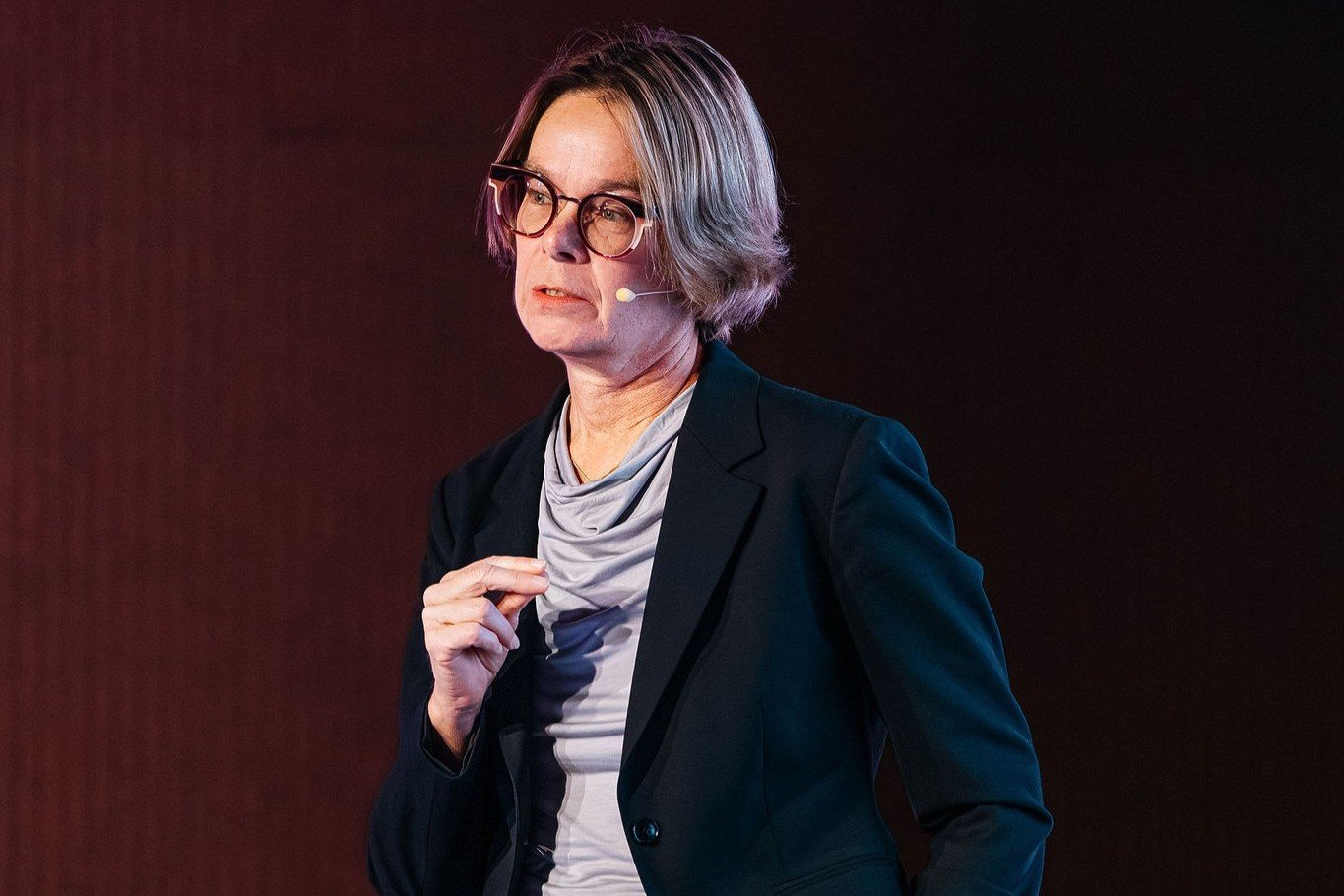Biobank and genetic data are Finnish assets
10.3.2016
International pharmaceutical companies want Finland to provide them with a centralised biobank and national genetic data centre functioning on a one-stop shop principle. The possibility to combine biobank data with patient information systems and genetic data could turn Finland into a world-class research cluster.
The development of a new pharmaceutical product costs over EUR 1.5 billion and takes nine to fourteen years. Risks are huge as only one out of over 10,000 prodrugs will end up on the market. The development of pharmaceuticals and better treatments, however, can be boosted with biobanks and genetic research.
“Biobank and genetic data are Finnish assets on an international scale, and the combination of biobank data with patient information systems is unique in the whole world. Cooperation and the completion of our national genome strategy will give Finland the opportunity to become a significant operator in this field. Our window of opportunity to achieve the position of a true trailblazer will be the next five years,” says CEO Ilpo Tolonen from the pharmaceutical company MSD.
“MSD annually invests about EUR ten million in pharmaceutical research carried out in Finland, but our potential to invest in research conducted with biobanks in Finland is many times higher.”
MSD is participating in an extensive global genetic research project that is based on the sample collections of the Finnish National Institute for Health and Welfare Biobank. Other participants in the project that was started in June last year include the pharmaceutical companies Pfizer, Biogen and Eisai, the Institute for Molecular Medicine Finland, National Institute for Health and Welfare (THL) and Broad Institute of MIT and Harvard. Genetic analyses will be conducted in the Broad Institute, after which the data will be combined with the data in Finland.
One-stop shop principle is needed
“However, we cannot collaborate with all the nine Finnish biobanks. What we need is a single Biobank Finland that would house all the research projects and topics. It should have all the information about what Finland can offer and how patients have been treated in different parts of the country. Genetic data should also be available in one single place,” Tolonen says.
Bayer is also looking for a one-stop shop
“We are looking for seamless cooperation between various Finnish biobanks. And the same applies to the idea of a centralised genome centre as part of the national genome strategy. We are hoping that a Biobank Finland and a national genome centre will be established soon. This would prove that we know how to collaborate in Finland and would also promote Finland as an attractive country for international research,” says Tarja Jalava, head of Bayer’s global clinical development.
Another pharmaceutical company, Roche, agrees.
“We would really appreciate the possibility to start research projects based on a one-stop shop principle. Hospitals should have obvious contact persons for research and less bureaucracy,” says Saija Ylä-Viteli, head of the unit of Roche’s clinical operations in Finland.
Growth in pharmaceutical research
Pharmaceutical companies invest about EUR 250 million in R&D conducted in Finland every year. The number of clinical pharmaceutical research projects in Finland had been on the decrease for several years, but last year there was 44 per cent growth on the previous year. So, why is this?
“Attitudes towards the pharmaceutical industry have changed in Finland: we are now considered a significant area of growth and investment. When the growth strategy for research and innovation in the health sector was published in 2014, it provided a very positive message to international pharmaceutical companies. Now we have been able to tell our American parent company that Finland appreciates innovation and research. When deciding where to conduct research, MSD’s main criteria are quality and speed,” Ilpo Tolonen says.
“There is genuinely good research and competent research centres in Finland," Saija Ylä-Viteli says.
“The increasing number of pharmaceutical research projects also arises from the commitment of Finnish researchers and the fact that patients are happy to participate in pharmaceutical research and rarely discontinue them,” says Anssi Linnankivi, medical director at Roche.
Individual health care is today’s trend. According to Linnankivi, many of the pharmaceuticals researched by Roche in Finland have biomarkers that help to identify the patients who benefit from certain treatments.
Competing over research
The subsidiaries of major multinational pharmaceutical companies are competing over pharmaceutical research.
“In Finland, we are highly motivated to conduct early-phase clinical research, but competition between various countries is very tough and we have to work hard in order to get those projects here,” Saija Ylä-Viteli says.
Text: Leena Koskenlaakso


